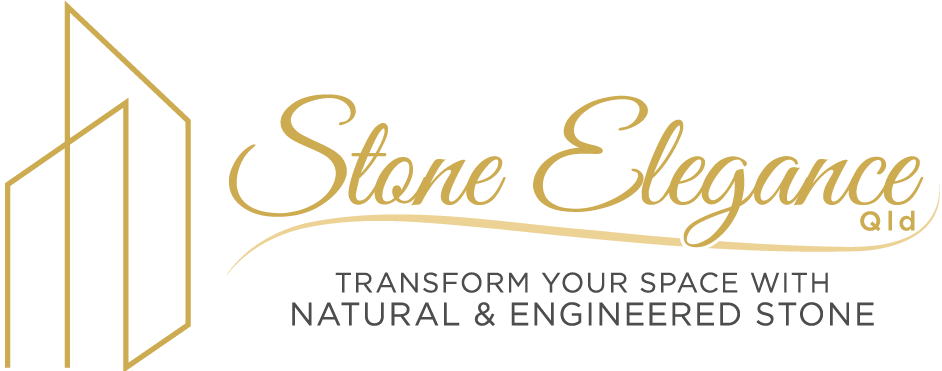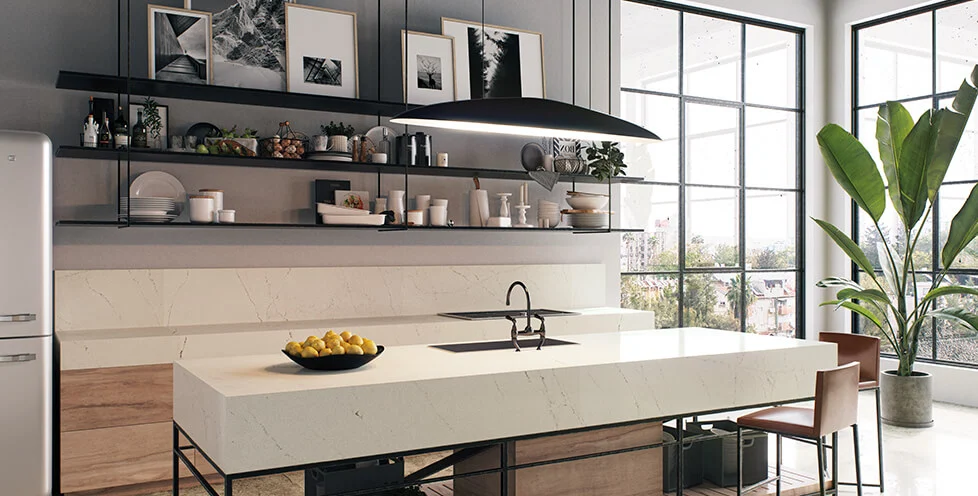A lot has been said about ‘engineered stone’, also known as quartz and sometimes known generically by our brand name, Caesarstone.
It’s likely that you have some engineered stone in your home. Today, more than 2 million homes and businesses around Australia have an engineered stone benchtop or surface installed in the kitchen or bathroom.
As everyone acknowledges, installed benchtops are entirely safe and pose zero risk to consumers.
Where there are potential risks is when engineered stone – or indeed any stone – is cut, ground, drilled or shaped before it is installed. This process releases the silica contained in the stone as dust, and workers who experience prolonged exposure to that dust can contract the serious lung disease silicosis.
The truth is that any material containing silica – from engineered stone to concrete and natural stones like granite and sandstone – poses risks if not handled properly. But the risk of silicosis can be avoided if proper equipment is used and proper safety controls are followed, like wet-cutting to suppress dust.
It is a tragedy that stonemasons, many of them young, have contracted silicosis in the stone industry. No one should get sick or die by simply doing their job.
Since Caesarstone started operations in Australia, we have been working to create a safer industry through clear warnings and guides about the dangers of silicosis and through the ongoing education and training of stonemasons regarding the safe handling of stone.
We have worked closely with government taskforces to address silicosis and have consistently advocated for stronger regulatory supervision of the engineered stone industry by work safety bodies but little progress has been made.
We agree that more needs to be done.
A ban on engineered stone, as has been advocated by some, will not solve the issue of silicosis in Australia. You would need to ban every material containing silica – and ban tunnelling and construction involving natural stone – to be sure. All stone containing silica, no matter what the level, must be handled the same way to avoid risks to workers.
What is needed instead is the long-recommended but never-delivered nationwide approach to this issue. This would include a rigorous and enforceable nationwide licensing scheme, with independent certification to ensure stone fabricators meet safety standards to protect workers.
Caesarstone is committed to continuing to work with our fellow manufacturers, stonemasons, regulators and government to achieve a sustainable industry that protects all workers.
Read more about Caesarstone’s ongoing efforts to build a safe and sustainable stone industry caesarstone.com.au/caesarstone-health-safety
Originally posted by Caesarstone on 25 February

